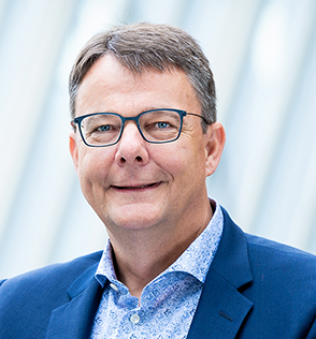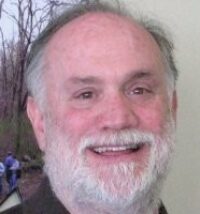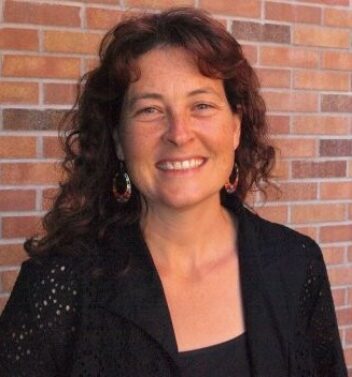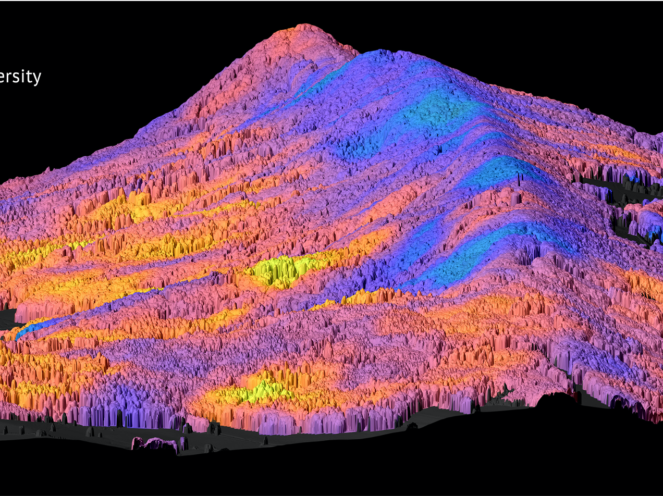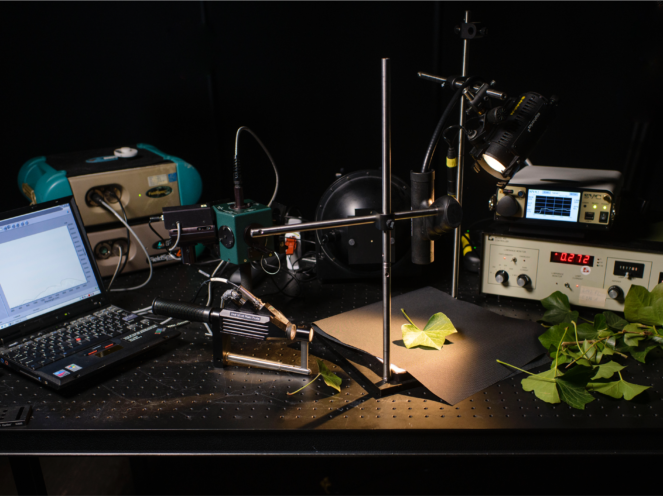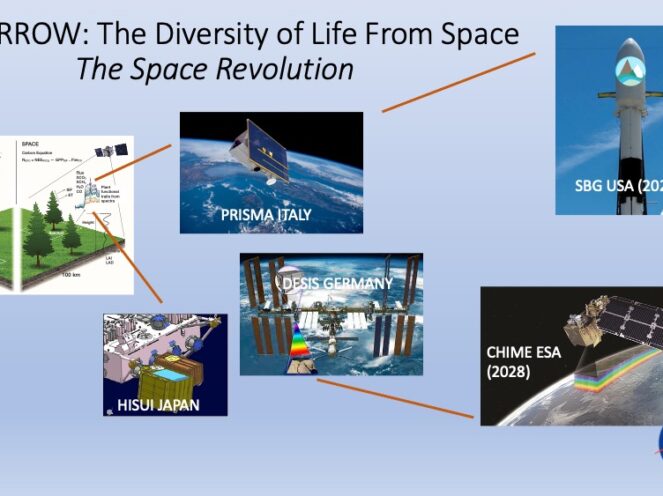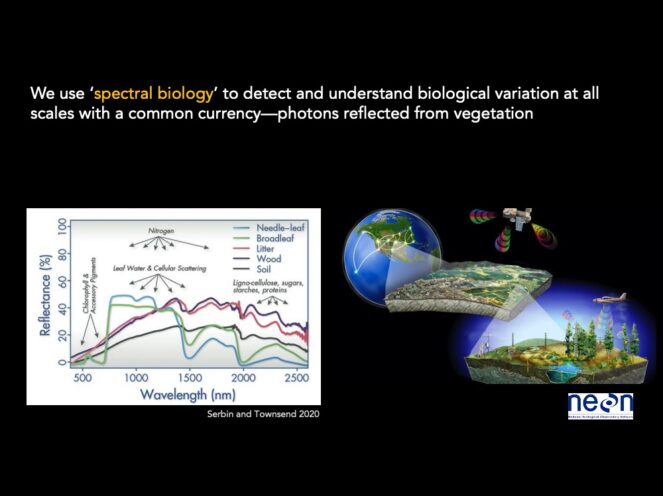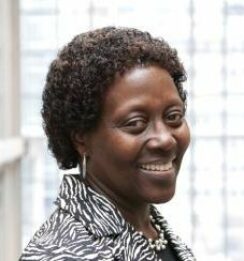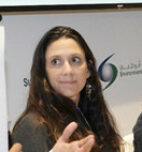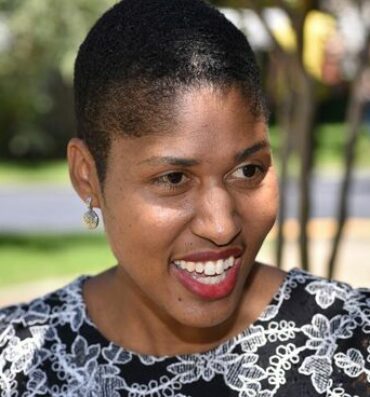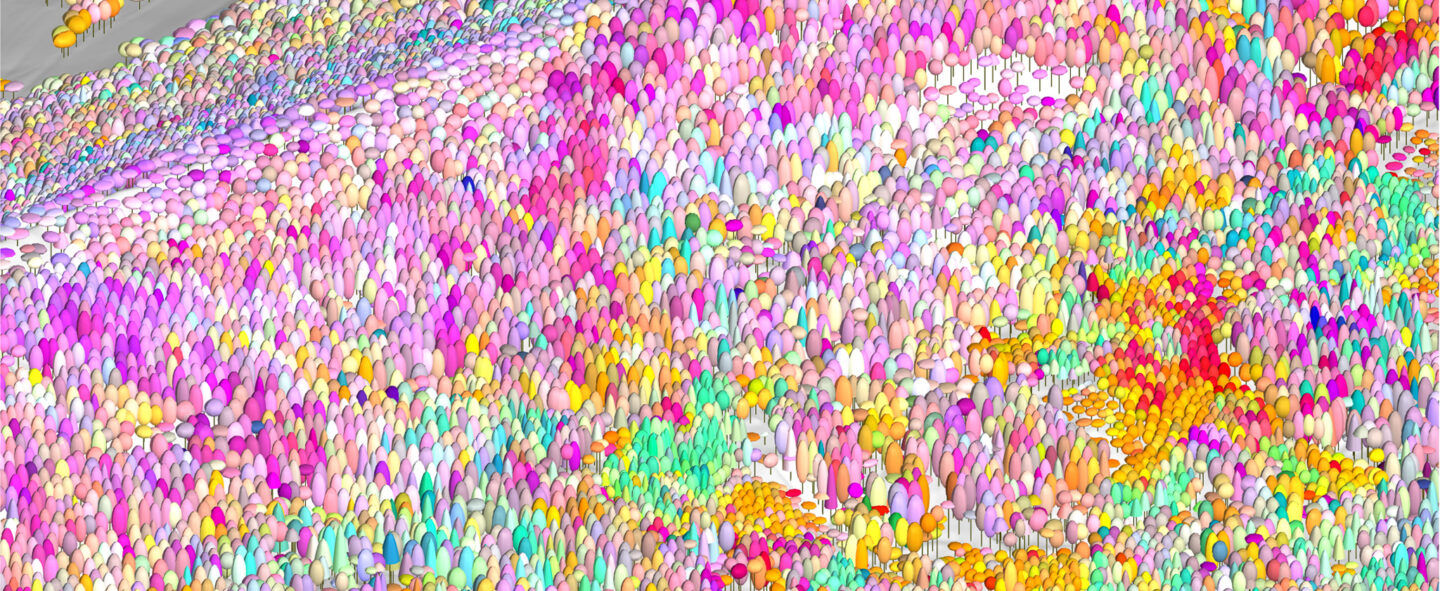
Join Us
Join us for our Scientific Session: Using Technology to Improve Understanding of Changes to Biodiversity at the AAAS|2021 Annual Meeting.
Biodiversity forms the basis of ecosystem function and human life support systems. The Intergovernmental Science-Policy Platform on Biodiversity and Ecosystem Services (IPBES) reported that humans cause environmental change which is so rapid, that across the globe whole ecosystems and the species within them are disappearing within a single human lifetime. Advancing understanding of Earth’s biodiversity and its response to rapid global environmental change at scales from cells to continents is critical to societal capacity to mitigate biodiversity loss and thus maintain healthy ecosystems and adapt to further global change. Assessments of animal and plant life indicate that globally 25% of species are threatened by extinction. Even greater biodiversity losses occur locally and regionally and threaten ecosystem health. However, our understanding of this biodiversity change is restricted to few places with intensive field sampling. Remote sensing now offers a remedy; spaceborne observations provide data on the interaction of Earth’s surface with electromagnetic radiation over time and with complete spatial coverage at the global scale. These data can be used to determine a plethora of ecosystem properties, and thus several aspects of biodiversity; as well as ecosystem-level cycling of water, carbon, energy, and nutrients. This scientific session will focus both on how remote sensing and other emerging technologies allow researchers to assess local biodiversity at a global scale, and how they contribute to our understanding of changes in biodiversity, ecosystem dynamics, and human habitats.
Spotlight Talks
-
![]()
Bio
Michael Schaepman
President of the University of Zurich and professor of remote sensing at UZH.Essential Biodiversity Variables (EBV’s) are measurements required to study, report, and manage biodiversity change. These derive from many sources, each sparse and patchy in their spatiotemporal coverage. This presentation will focus on how remote sensing-derived EBV’s may enable global biodiversity monitoring with repeat visits, and coincident geophysical data, to support management strategies and improved understanding of impacts on ecosystem dynamics and human societies.
-
![]()
Bio
David Schimel
Senior Research Scientist at the NASA Jet Propulsion LabRemote sensing of Essential Biodiversity Variables provides contextual information about biodiversity, but new sensors observe dimensions of the diversity of life itself. Active remote sensing observes vegetation structure and function and new spectrometers can detect plant species composition, plant function, and sometimes within-species variation. The vantage of space is ideal for monitoring change over time to quantify patterns and loss of species and function for science and management.
-
![]()
Bio
Jeannine Cavender-Bares
Distinguished McKnight University Professor at University of Minnesota.Spectral biology captures how photons from the sun interact with life to understand processes across scales. It is a powerful means to decipher how variation at the smallest scales—genes and molecules—gives rise to variation within and among plants, ecosystems, landscapes, and the global biosphere. By detecting biodiversity across the tree of life and advancing ecosystem models, it offers the potential to understand how changes in biosphere processes drive biological variation at all other scales.
Presentation Preview
Respondents
-
![]()
Bio
Elizabeth Maruma Mrema
Executive SecretaryAt the UN Convention on Biological Diversity.
-
![]()
Bio
Jillian Campbell
Head of Monitoring, Review, and ReportingAt UN Convention on Biological Diversity.
Moderator
-
![]()
Bio
Danielle Wood
Director and Assistant ProfessorDirects the Space Enabled Research Group and is Assistant Professor at MIT’s Media Lab and AeroAstro Dept.
Collaborators
This event brought together experts from the University of Zurich, the UN, NASA, MIT, and the University of Minnesota to engage in discussion.
